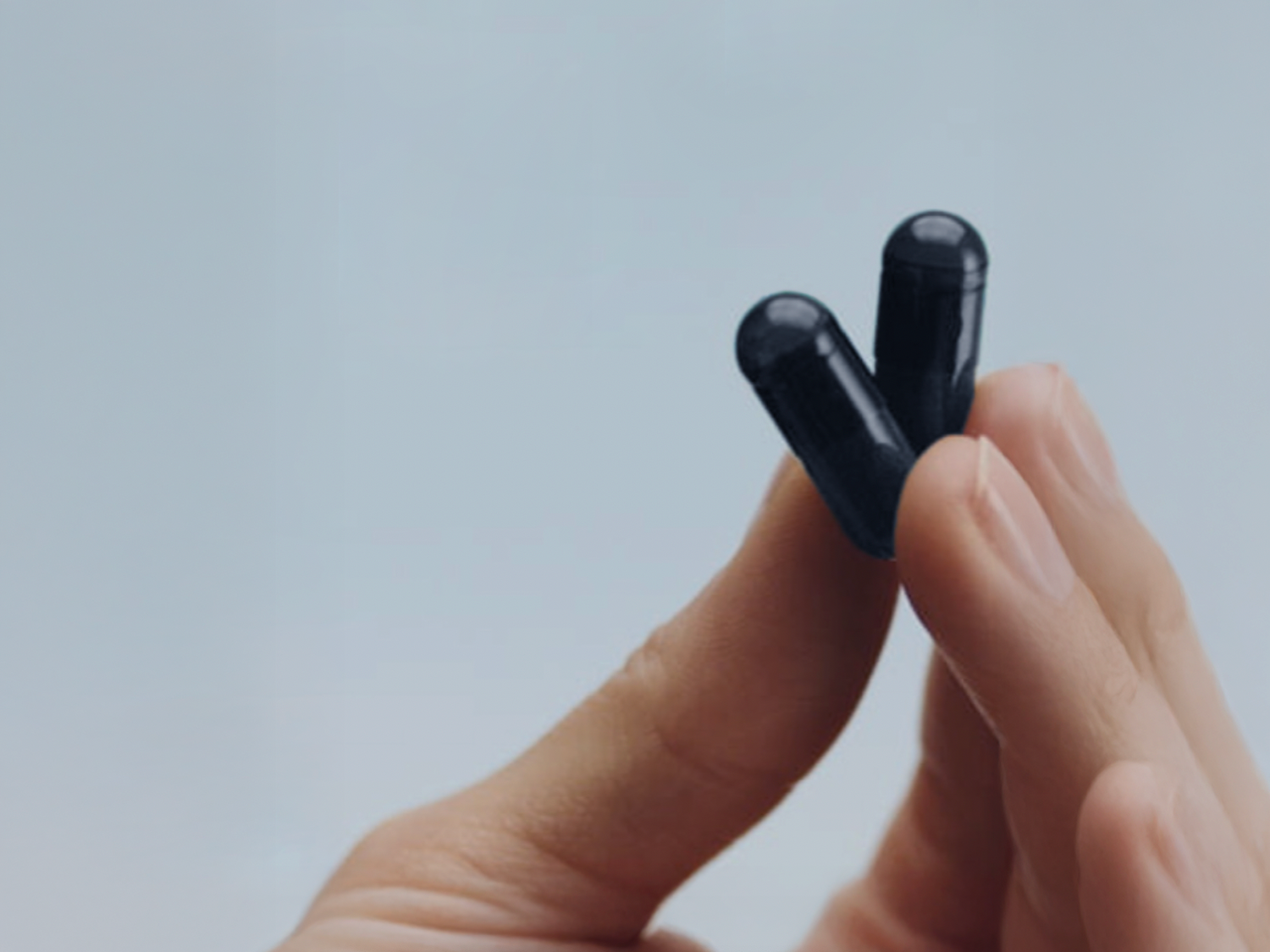Unveiling the Mystery Toxin
In our quest to understand the molecules that impact our health, one molecule stands out—acetaldehyde. Often mentioned in discussions about hangovers and alcohol detox, acetaldehyde is a toxic byproduct of alcohol metabolism that deserves a closer look. Being intelligent about molecules means knowing not only what acetaldehyde is but also how it affects our bodies and what we can do to reduce its impact.
What Is It?
Acetaldehyde is a chemical compound produced when the body breaks down alcohol. As soon as you take a sip, enzymes in your liver convert ethanol into acetaldehyde. This process is part of your body’s natural metabolism, but the catch is that acetaldehyde is even more toxic than alcohol itself. Often, the burning sensation, nausea, and headache you experience after a night of drinking can be traced back to this harmful molecule.
The Role of Acetaldehyde in Alcohol Metabolism
Understanding acetaldehyde is key to understanding why hangovers occur. When alcohol is ingested, it is transformed into acetaldehyde through enzymatic processes mainly involving alcohol dehydrogenase. In a healthy system, another enzyme, acetaldehyde dehydrogenase, should quickly convert this toxic compound into acetate—a less harmful substance that eventually breaks down into water and carbon dioxide. However, factors such as heavy drinking, genetic differences, or poor liver function can hinder this process, leading to acetaldehyde buildup and its undesirable effects.
How Acetaldehyde Affects Your Health
Short-term exposure to high levels of acetaldehyde is typically associated with hangover symptoms including headache, nausea, and fatigue. More concerning, however, is the long-term effect of recurring acetaldehyde exposure. Scientific studies link chronic acetaldehyde exposure to increased inflammation, liver damage, and even a higher risk of certain cancers, particularly in those with enzyme deficiencies. This underscores the importance of detoxifying our bodies and managing alcohol consumption responsibly.
Detoxifying: The Science of Recovery
One promising approach to mitigating the negative effects of acetaldehyde is through detoxification. Detox supplements backed by science can target acetaldehyde directly, helping reduce its harmful impact. For example, products like A-Minus incorporate activated carbon—a substance proven to bind to toxins such as acetaldehyde, effectively removing them from your system. Unlike other remedies that only mask symptoms, this approach works at a molecular level to promote a cleaner recovery.
Being Intelligent with Your Choices
To be truly intelligent about molecules like acetaldehyde means making informed decisions about your health. Reducing alcohol intake, moderating consumption, and using science-backed detox supplements can all help manage acetaldehyde levels. When paired with healthy habits like proper hydration, balanced nutrition, and regular exercise, you empower your body to recover and function optimally, even after a night of drinking.
Embrace Science for a Healthier Tomorrow
Acetaldehyde is more than just a word you hear in hangover remedies—it’s a critical factor in understanding the full impact of alcohol on your body. By learning what acetaldehyde is and how it affects your health, you can take proactive steps toward smarter drinking and recovery. Whether it’s adopting a healthier lifestyle or incorporating targeted detox solutions like A-Minus, being intelligent about molecules leads to a healthier, more informed you.




